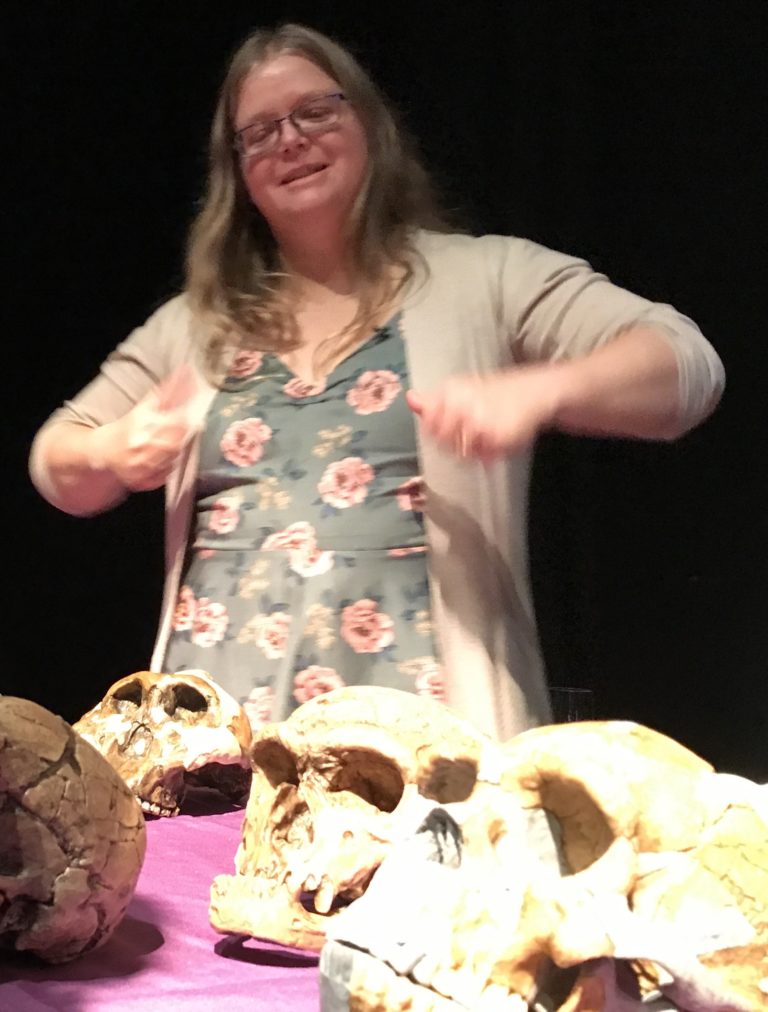ROYAL ANTHROPOLOGICAL INSTITUTE CURL LECTURE
The 2025 Curl Lecture will be given by Dr Isabelle C Winder SFHEA.
Wednesday 24 September 2025, 5.00-6.00 pm BST
Location: The Geological Society, Burlington House, Piccadilly, London, W1J 0BG
In-Person registration: https://www.eventbrite.co.uk/e/1537293328729?aff=oddtdtcreator
Zoom registration for online attendance will follow.
The lecture will be followed by a drinks reception and is preceded by the RAI AGM, 3-5pm (AGM page)
Human Evolution: Hierarchy and Heterarchy
Evolutionary anthropologists have long been preoccupied with ancestors, from early efforts to identify prospective human ancestors to recent debates over the nature of the panin-hominin last common ancestor. A century of research shaped by the hierarchical model of human evolution has not yet delivered satisfactory results. I will draw on evidence from modern humans, apes and primates to show that among our close relatives reticulate (network) evolution is the norm, not exceptional. Well-documented hybrid species like the gray snub-nosed monkey and the kipunji, an intergeneric hybrid, challenge the Modern Synthesis and its cladogenic model of speciation driven by natural selection.
I will argue that the anthropological and archaeological notion of heterarchy is a more appropriate model for hominin evolution. Conceptualising hominin evolution as a series of interconnected biological, ecological, social and cultural heterarchies offers new ways to think. It gives us the impetus to understand prosociality, language, symbolic reasoning, alloparenting and empathy as coping mechanisms that were developed when populations passed through demographic bottlenecks and long-distance, lateral gene transfer led to the emergence of potentially disabling traits. This new model may reconcile the complex mosaics of traits, environments and cultures that we see in the fossil and archaeological records with genetic evidence for repeated divergence and convergence among species.
Heterarchic approaches may help us to integrate the disparate perspectives we encounter among anthropologists studying hominins and humans as ‘just another unique species’ and those who see us as complex social beings whose ‘sensitivity to praise and blame’ has shaped our evolutionary trajectories. These research questions, first raised by Darwin in Descent of Man, remain largely unaddressed in the 21st century.
_________________________


